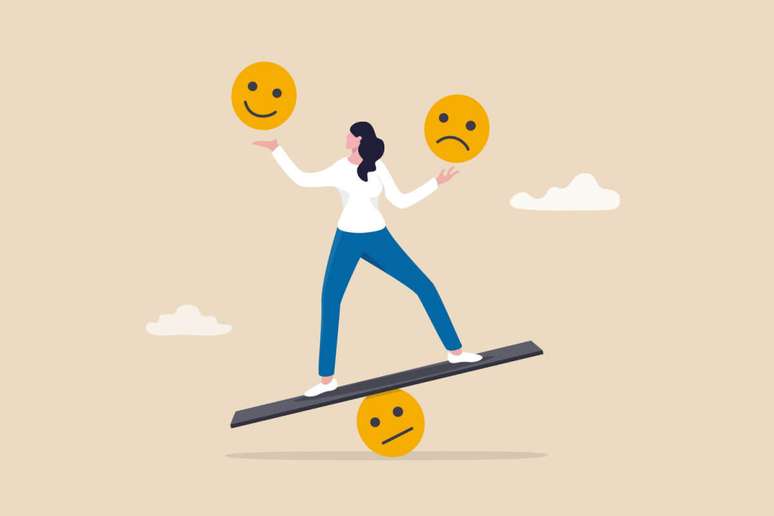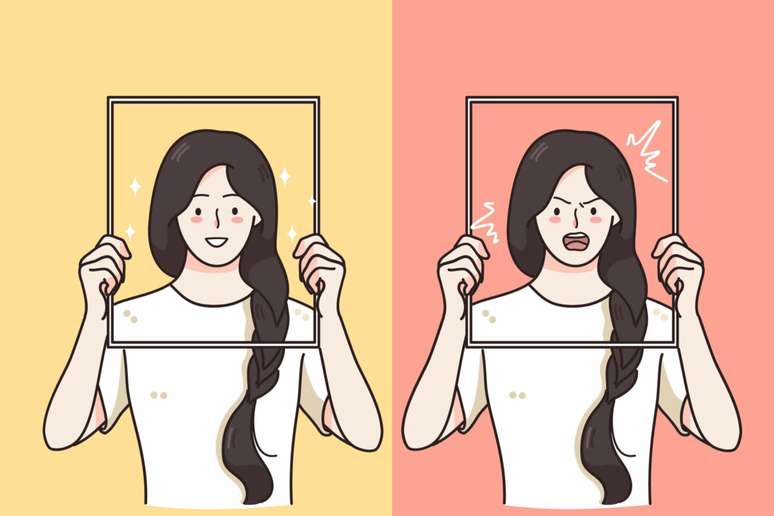The psychiatrist teaches 5 techniques to help deal with emotional problems
Women face specific challenges, whether it be social pressure, motherhood or hormonal differences compared to men. In January, Brain Behavior, the behavioral research center of Brain Inteligencia Estratégica, carried out qualitative research with 21 healthcare professionals and evaluated several aspects, including mental health and eating disorders, technologies and diseases and healthy use of technologies.
According to the professionals interviewed, the demand for treatment related to mental disorders is increasing. This is linked to access to information on these pathologies, which has contributed to raising awareness among the population regarding symptoms previously perceived as normal.
According to Datafolha, women and young people suffer from more anxiety than the average population. While 21% of Brazilians have been diagnosed with an anxiety disorder in their lifetime, this rate rises to 27% among women, almost double the prevalence among men (14%).
Influence of social networks
For Dr. Alexandre Valverde, “it is important to highlight that eating disorders can be associated with a dysmorphic experimentation of one’s body, that is, with a difficulty in observing one’s own image without seeing it distorted, but also with a discomfort in receiving compliments, a tendency to “self-devaluation, excessive self-criticism and self-demand”.
In women, these aspects of behavior tend to be rendered invisible, as something normalized, expected of female behavior. The psychiatrist adds that “toxic ethical-aesthetic standards circulate on social media which reinforce self-devaluation and can lead to illness“.

Dr. Alexandre Valverde gives some tips to help women with mental health problems. Watch!
1. Rely on a support network
Recognizing the problem is very important, as is having a support network with which to talk about the difficulties experienced in everyday life.
2. Seek professional help
Research treatment It is essential to have a multidisciplinary team to address physical, psychological and nutritional needs.
3. Use social media sparingly
Try to avoid consuming toxic content on the Internet. Social media is one of the major triggers of mental health.
4. Do physical activity
Carry out physical activities diligently, without exaggerating. Exercise helps release endorphins, which aid in a good mood.
5. Follow a good diet
It is necessary to change the relationship with food and the act of eating, understanding it as a moment of conviviality and sharing, not just as a nutritional contribution.
For Nathali Coelho
Source: Terra
Ben Stock is a lifestyle journalist and author at Gossipify. He writes about topics such as health, wellness, travel, food and home decor. He provides practical advice and inspiration to improve well-being, keeps readers up to date with latest lifestyle news and trends, known for his engaging writing style, in-depth analysis and unique perspectives.









